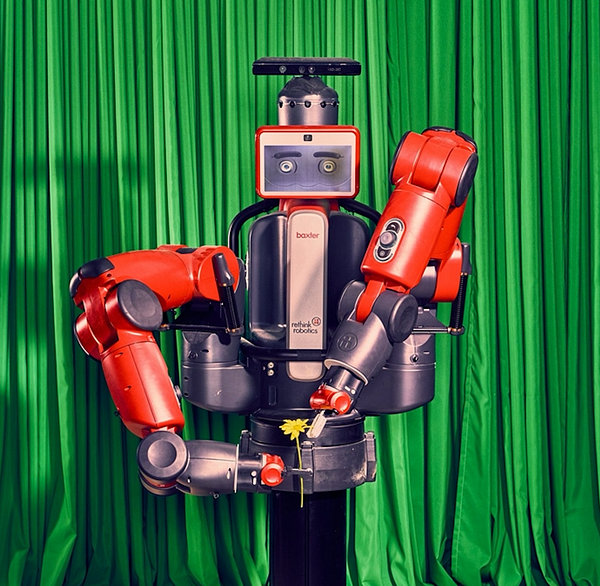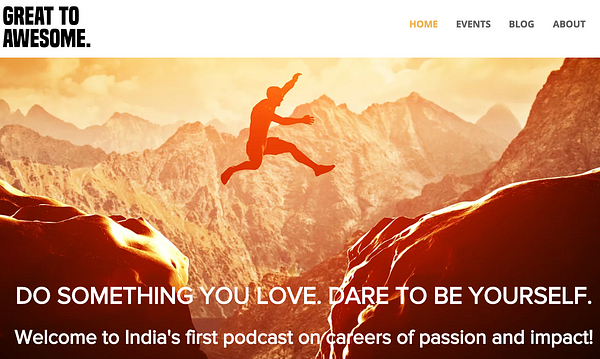The ‘me me me generation’, ‘narcissists’, ‘lazy’, ‘the joking generation’…there are probably more problematic names you have heard associated with millennials. Millennials, born between the 1980s and early 2000s, form a huge chunk of the global workforce and are steadily becoming key business decision-makers in the workplace. While the impact this generation has had on the workplace and the economy cannot be overlooked, there still seems to be a pervasive negative buzz around millennials at work.
How can this generation be better understood and equipped for success in the workplace? Let’s debunk some millennial myths as we explore some of the ways we can create a work environment for all generational employees to thrive:
Myth #1 – Millenials are obsessed with technology
The gripe that millennials cannot go a minute without checking their phones may not be far from the truth. However, given that this cohort was brought up right in the ascend of technology… it follows that phones, computers and tablets are a key part of their lives. This could, in fact, be a win for companies that millennials have no hard barriers between work and home life. This means they would work from anywhere at any time to beat deadlines.
Being the most connected generation in history, with the exception of Gen Z of course, millennials seek to make the best use of the technology available to them. At the workplace, this group wants to use the latest technology for efficiency and productivity. Getting stuck in old technologies while laying claim that millennials are slaves of new technologies could keep your company from achieving the best results. As we all know, slow internet and clunky systems frustrate both the old and young. Consider taking what is available in your company a notch higher, to enable the new generations to perform at their best.
To further demystify this generation’s attachment to technology, a study shows that millennials actually prefer face-to-face communication to emails and texting. This goes to show that while they may make the best use of the new technologies for your company’s productivity, they are still interested in in-person conversations, for instance, when receiving or giving feedback.
Myth #2 – Millennials feel entitled and all they care about is money
A Shortlist survey that sought to understand what candidates value most in potential employers recently revealed that millennials are more interested in competitive salaries and promotions than any other age groups. However, while this stands true, it is fair to note that good pay is important to all employees. We are all hungry for opportunities to step up in our careers just as millennials are; the only difference is that millennials daringly ask for what they desire, and are more likely to move on to another job should they not receive the fulfilment they seek. This does not mean that they are selfish or entitled; rather they are brave enough to demand what they want while other generations may shy off or play cool.
This insightful report by CNBC further emphasises that millennials value opportunities to grow more than a competitive salary. An organisation that offers opportunities for professional development and pays fairly hones a high performing workforce. The key takeaway here? Millennial satisfaction does not come down to bean bags and 24-hour coffee.
Myth #3 – Millennials’ career goals and expectations differ from those of older generations
Millennials have been said to have career goals and expectations that are different from those of older generations. Top of this list is the hope of making a positive impact on society. While there is truth to this, doesn’t the need to make an impact cut across individuals from all generations? Rather than view this as a mean value, organisations should support these projects as they are important in affirming employees’ need to be part of a bigger picture. In addition to this, it further bolsters a company’s image and employer brand, which helps to build client relationships and stand out from competitors.
It is also true that millennials are different when it comes to switching roles, jobs or expecting internal promotions. Unlike the older employees, such as baby boomers, who could stay in the same job for long and some from start to retirement, it now seems rare to see employees hit the 3-year mark. This does not necessarily make millennials less loyal compared to the older generations; rather, it means that they seek to be challenged, have a clear career path and to feel valued at work. This calls for managers to do what they can to support the dynamic younger generation workforce.
Myth #4 – Expect a medal for participation
You are probably already familiar with the statement that millennials expect a prize for everything they do…even being last. However, this not true. According to an IBM study, a fair and ethical boss means more to millennials than praise for accomplishments. The research further shows that Gen X are more likely to want a boss who compliments their work, while baby boomers would prefer a boss who solicits views from them than millennials would. It’s not that millennials always expect constant acclaim and think everyone should get a trophy for participation. What they want is a manager who is transparent and open to giving them feedback for self-improvement which you would admit, cuts across all generations.
It is important to note that, millennials will represent 50 percent of the entire global workforce by 2020. This is, therefore, the ideal time to stop shaming them and instead nurture their creativity, passion and ambition to achieve success and make a world-changing impact. Rather than consider millennials a generation of weakness, let’s recognise them as diverse risk-takers who are shaping the future of work.
Further given the current competitive hiring climate, the talent available to you directly impacts your company’s ability to deliver its goals. It is therefore important to develop the best strategies to attract top talent among millennials. These range from culture, management style, recruitment and retention approaches that benefit all employees.
Millennials are encouraging us to challenge and improve workplace practices that are ultimately beneficial to all employees. If anything, the workplace evolution doesn’t end here, Gen Zs are already joining us!





































